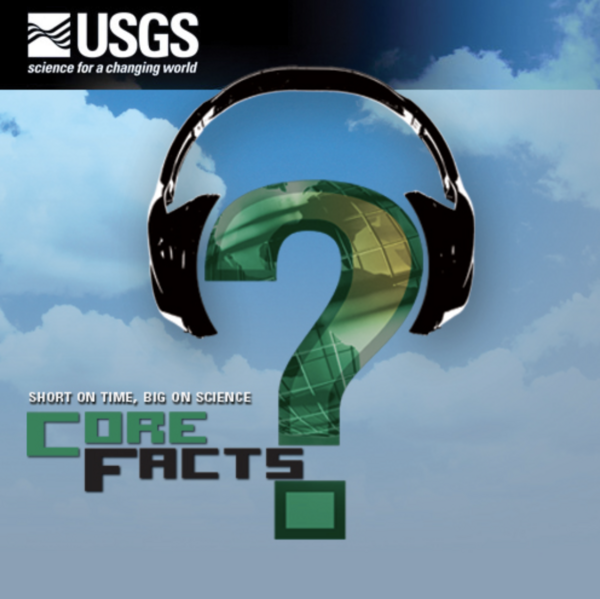Listen to hear the answer.
Is there earthquake weather?
In the 4th Century B.C., Aristotle proposed that earthquakes were caused by winds trapped in subterranean caves. Small tremors were thought to have been caused by air pushing on the cavern roofs, and large ones by the air breaking the surface. This theory lead to a belief in earthquake weather, that because a large amount of air was trapped underground, the weather would be hot and calm before an earthquake. A later theory stated that earthquakes occurred in calm, cloudy conditions, and were usually preceded by strong winds, fireballs, and meteors.
There is no such thing as "earthquake weather". Statistically, there is approximately an equal distribution of earthquakes in cold weather, hot weather, rainy weather, etc. Very large low-pressure changes associated with major storm systems (typhoons, hurricanes, etc) are known to trigger episodes of fault slip (slow earthquakes) in the Earth’s crust and may also play a role in triggering some damaging earthquakes. However, the numbers are small and are not statistically significant.
Related
Do solar flares or magnetic storms (space weather) cause earthquakes?
Are earthquakes associated with variations in the geomagnetic field?
Can animals predict earthquakes?
Why are we having so many earthquakes? Has naturally occurring earthquake activity been increasing? Does this mean a big one is going to hit? OR We haven't had any earthquakes in a long time; does this mean that the pressure is building up for a big one?
Can some people sense that an earthquake is about to happen (earthquake sensitives)?
Can the ground open up during an earthquake?
Will California eventually fall into the ocean?
Can large amounts of rain in California cause an increase in earthquakes?

Flooding on Swiftcurrent Creek at Many Glaciers, Montana
Flooding on Swiftcurrent Creek at Many Glaciers, Montana
On a report that the 2012 M 6.0 earthquake in Italy was predicted after seeing an unusual cloud formation
The 1964 Great Alaska Earthquake and tsunamis: a modern perspective and enduring legacies
Natural Hazards Science at the U.S. Geological Survey
Rainfall and Seasonal Movement of the Weeks Creek Landslide, San Mateo County, California
Earthquake hazards: A national threat
ANSS-Advanced National Seismic System
Catalog of Oroville, California, earthquakes; June 7, 1975 to July 31, 1976
Related
Do solar flares or magnetic storms (space weather) cause earthquakes?
Are earthquakes associated with variations in the geomagnetic field?
Can animals predict earthquakes?
Why are we having so many earthquakes? Has naturally occurring earthquake activity been increasing? Does this mean a big one is going to hit? OR We haven't had any earthquakes in a long time; does this mean that the pressure is building up for a big one?
Can some people sense that an earthquake is about to happen (earthquake sensitives)?
Can the ground open up during an earthquake?
Will California eventually fall into the ocean?
Can large amounts of rain in California cause an increase in earthquakes?

Flooding on Swiftcurrent Creek at Many Glaciers, Montana
Flooding on Swiftcurrent Creek at Many Glaciers, Montana










